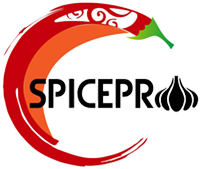By Jason Douglas and Tom Fairless
President Trump’s biggest tariff blitz yet sends a clear message to U.S. and foreign companies alike: The era of globalization is over.
Trump’s “Liberation Day” plan to impose sweeping new duties on trillions of dollars in imports shows that the White House wants goods sold to American consumers to be built in American factories. He said: “If you want your tariff rate to be zero, then you build your product right here in America.”
The new tariffs include a baseline duty of 10% on foreign imports and larger so-called reciprocal tariffs, with China facing total duties of 54%, Vietnam 46% and the European Union 20%.
“The U.S. has been at the center of globalization,” said Andre Sapir, a former EU official. “Now the U.S., the center, wants to pull away.” Economists warn the world could face a growth-sapping investment crunch as companies sit on the sidelines until the trade-war fog clears.
There are signs Trump’s strategy is having an effect. Around half of German engineering businesses want to boost U.S. investment, both as a result of the tariffs and the size of the market.
Yet U.S. manufacturers are struggling with the rising cost of screws, nuts and bolts, highlighting the need for easy access to global supply chains.
“You can’t just put on tariffs and flip a switch and all of a sudden America is an industrial nation again,” said Dan Digre, president and chief executive of Misco Speakers.
About dehydrated garlic,US is the biggest import market.now the tariffs comes to over 100%.It is very hard for US people to eat Chinese garlic granules or powder.
Post time: Apr-07-2025


